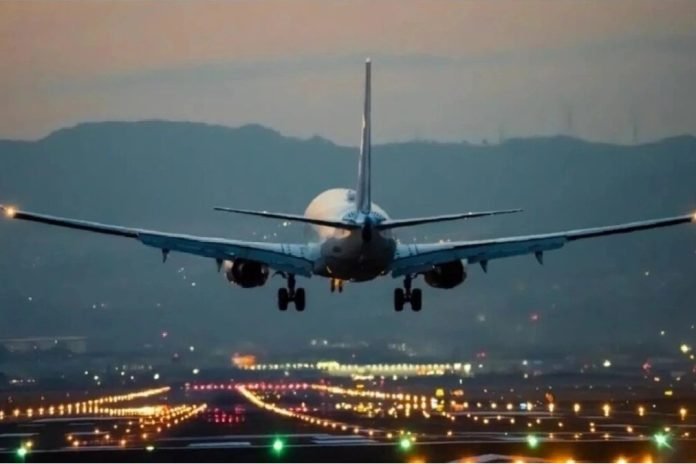New Delhi: In a move driven by hostility towards India, Pakistan has reportedly inflicted severe economic damage upon itself. Following the terrorist attack in Pahalgam, the government of Pakistan issued an order banning Indian aircraft from using its airspace. As a result, Indian airlines have been forced to reroute their flights through alternative paths. While this decision places additional operational burdens on Indian carriers, analysts suggest the economic impact is significantly greater on Pakistan.
Under international aviation norms, countries receive “overflight fees” when foreign aircraft traverse their airspace. Indian flights en route to Western destinations, especially Europe and North America, frequently use Pakistani airspace. In return, Pakistan has been earning millions of dollars annually from these overflight charges. However, with the recent airspace ban, this income stream has been disrupted. Economists warn that this development could have a considerable negative effect on Pakistan’s already strained economy.
Airlines such as Air India and IndiGo are now compelled to operate via longer alternative routes. Flights departing from Indian cities including Delhi, Amritsar, Jaipur, and Lucknow bound for Europe and North America are currently being rerouted over the Arabian Sea. This detour increases travel time by approximately 2 to 2.5 hours and leads to significantly higher fuel costs, according to airline officials.
This is not the first instance of such a move. In 2019, following the Pulwama attack, Pakistan similarly closed its airspace to Indian aircraft. At that time, around 400 flights were affected, and it was estimated that the Civil Aviation Authority of Pakistan (CAA) and Pakistan International Airlines (PIA) collectively suffered losses amounting to approximately 100 million dollars. Experts caution that the latest restrictions could once again result in similar financial setbacks for Pakistan.
By attempting to inconvenience India, Pakistan appears to have undermined its own interests, as noted by several observers.




